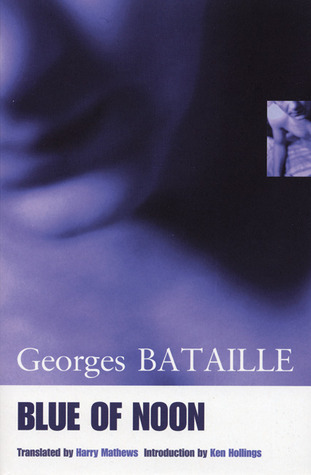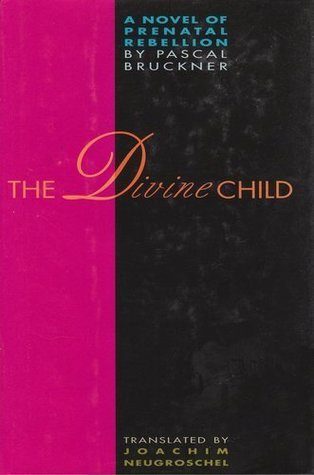
Bitter Moon
Book Description
Desire ignites in the shadows where love and betrayal collide. In "Bitter Moon," a passionate affair spirals into a labyrinth of jealousy and obsession, trapping its characters in a web of romantic peril. As secrets unravel against the backdrop of a dazzling city, every choice becomes a step deeper into darkness. Tensions mount, and loyalties are tested, leaving hearts vulnerable and futures uncertain. Two lovers face their demons, but will they rise together or be consumed by their own passions? When the light fades, who will remain to see the bitter truth?
Quick Book Summary
Bitter Moon by Pascal Bruckner is an intense psychological drama about love, desire, and destruction set against the vibrant backdrop of Paris. The novel centers on two couples: Fiona and Nigel, a reserved British pair navigating the pitfalls of their stable but passionless marriage, and Mimi and Oscar, who are entangled in a volatile, all-consuming relationship defined by obsession and betrayal. When their paths cross on a cruise, Oscar unfolds the story of his tormented romance with Mimi, drawing Nigel into a web of erotic desire and manipulation. As secrets surface and boundaries blur, the characters confront the consequences of their choices, questioning whether true love is ever possible or if it’s destined to burn itself out in darkness. Bruckner examines the razor's edge between passion and cruelty, exposing the vulnerability and volatility at the heart of human connection.
Summary of Key Ideas
Table of Contents
The Duality of Passion and Destruction
"Bitter Moon" plunges readers into the intertwined lives of two couples whose chance encounter aboard a cruise ship sets the stage for an exploration of sexual desire and emotional vulnerability. Fiona and Nigel, restrained and British, are adrift in routine until they meet Oscar, a crippled French intellectual, and his alluring, mercurial lover, Mimi. Oscar quickly fixates on Nigel, slowly drawing him into the confessional retelling of his tumultuous relationship with Mimi, exposing the darker side of love and obsession.
The Illusions of Romantic Fulfillment
Oscar's narration reveals a relationship with Mimi defined by extreme passion and cruelty. Their love oscillates between euphoric heights and sadistic lows, with Oscar manipulating and humiliating Mimi as much as he is emotionally ensnared by her. The tale unveils a pattern of mutual destruction, erotic dependency, and escalating psychological games. Each episode Oscar recounts further blurs the line between pleasure and pain, highlighting how obsession can curdle into madness and violence.
Jealousy, Obsession, and Power Dynamics
For Fiona and Nigel, Oscar and Mimi serve as a living cautionary tale. The British couple, initially shocked and fascinated, begin to question their own relationship’s emotional temperature. Nigel, especially, becomes seduced not only by the sexual insights Oscar offers but also by the forbidden allure of Mimi. As their boundaries erode, the couple becomes entangled in Oscar and Mimi’s toxic dynamic, forced to confront their own suppressed desires and hidden resentments.
The Limits of Morality and Betrayal
As their fates become ever more entwined, questions of power, morality, and betrayal come to the fore. Oscar’s manipulations, disguised as confessions, test the limits of the other couple’s trust and self-control. Loyalties shift, agency is tested, and each character must face uncomfortable truths about the capacity for cruelty and self-destruction inherent in love. The dazzling cityscape of Paris and the confined space of the cruise become backdrops for emotional unraveling and brutal confrontation.
The Search for Identity Within Relationships
The novel ultimately peels back the illusions surrounding romantic fulfillment, insisting that love, stripped of sentimentality, can be as much about domination and weakness as about tenderness. Bruckner crafts a narrative in which desire is both addictive and annihilating, asking whether one can emerge unscathed from the fires of passion or if such intensity must inevitably consume those who seek it. In the end, "Bitter Moon" presents a haunting meditation on identity, loss, and the price of intimacy.
Download This Summary
Get a free PDF of this summary instantly — no email required.





